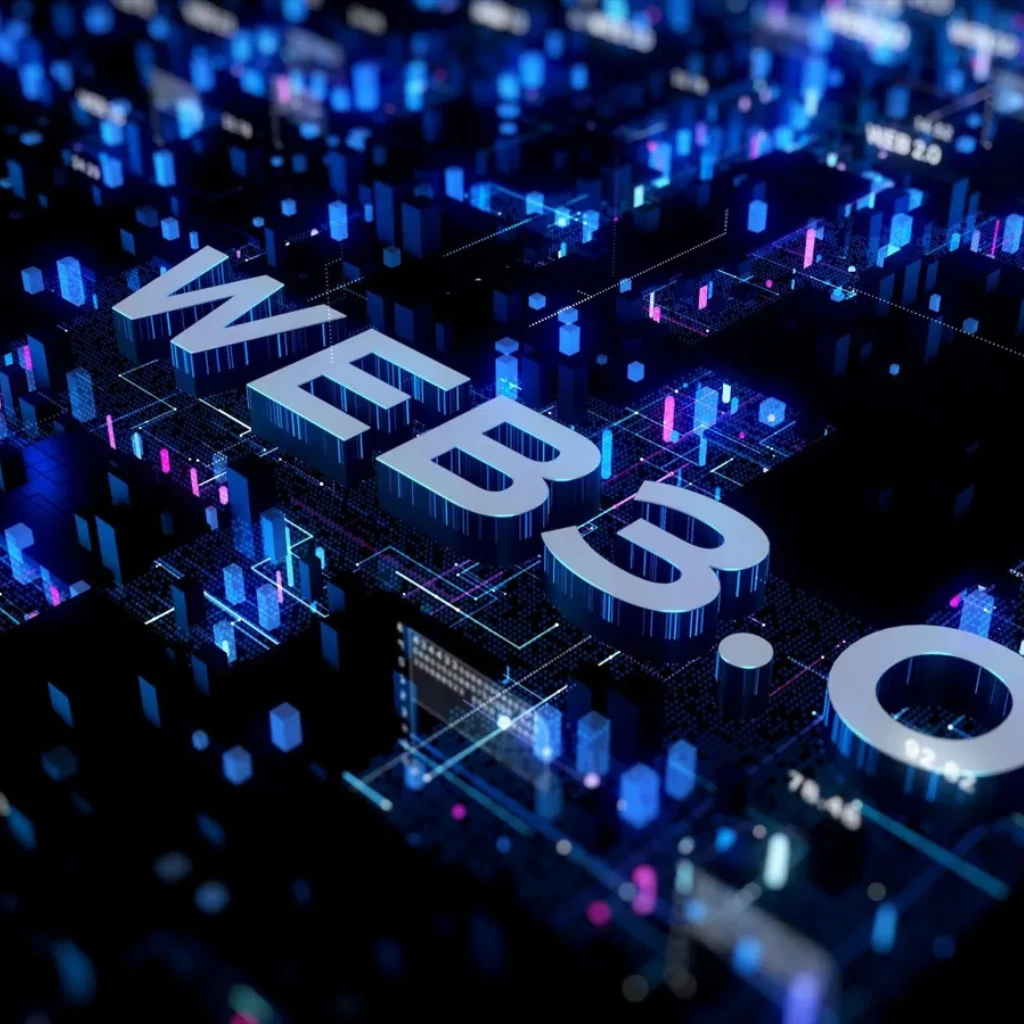Web3 vs Traditional Finance: What If You Made the Switch?
Let’s play out a few “what if” scenarios. Because Web3 vs traditional finance isn’t just a list of pros and cons—it’s about how your financial life would actually change if you chose one over the other.
So what would your daily routine, security posture, and overall control over your money look like in each world? Let’s find out.
Web3 vs Traditional Finance : What If You Used a Web3 Wallet for Everything?
Imagine you wake up tomorrow and decide: I’m going all-in on Web3. No more bank apps, no debit card, no calls to customer support. Just a crypto wallet and your seed phrase.
You’re now your own bank. You manage your own keys, you sign every transaction, and no one can freeze your account. Want to send money to a friend in Argentina at midnight on a weekend? Done in minutes, no third party involved.
Upside: Total control, 24/7 access, global reach.
Downside: If you mess up—like losing your seed phrase or falling for a phishing scam—there’s no one to call.
Your financial privacy also improves. No ID checks to open a wallet. No credit scores to gate your access. But remember: “anonymous” doesn’t mean “invisible.” Your public wallet address is still searchable on a blockchain explorer.


Web3 vs Traditional Finance : What If You Only Used a Traditional Bank?
Now let’s flip it. Imagine you ditch crypto entirely and go full TradFi. Everything is routed through your bank. Identity verification, fraud protection, even FDIC insurance—it’s all there.
You get structured systems, regulated protections, and human support. You forget your password? Reset it. Your card is stolen? Call the hotline and get a new one overnight. Want a mortgage or car loan? There’s a process for that.
Upside: Familiar, regulated, and (mostly) reliable.
Downside: You’re at the mercy of the institution—fees, account freezes, and slow transaction speeds are part of the package.
Also, you’re playing by their rules. No sending large wires on weekends. International transfers may get flagged. And your data? It’s stored, analyzed, and sometimes even sold.


What If You Lose Access?
Let’s say things go wrong.
Web3 Scenario:
You lose your private keys or seed phrase. Game over. The blockchain doesn’t offer do-overs. Your funds are now forever inaccessible. You’re the custodian and the liability.
Traditional Scenario:
You forget your bank login. No problem—you verify your identity and reset your password. Someone hacks your account? The bank likely refunds you (after a few hoops).

What If You Move to a Country With Financial Restrictions?
With a Bank:
You may face limitations. Certain regions are blocked from international banking networks. Currency controls, capital limits, and closed-loop systems are real obstacles.
With Web3:
If you have internet, you have access. You can transact globally without permission. In places with unstable currencies or limited banking options, Web3 becomes a lifeline.

What If the World Goes Fully Digital?
In a future where money is just data, Web3 wallets could become the standard. Programmable finance, smart contracts, and decentralized identity could replace many legacy systems.
But if digital systems are everywhere, the question becomes: who controls the infrastructure? A centralized government? Or a decentralized network of users?


What If You Didn’t Have to Choose?
Maybe the most realistic scenario is this: you use both.
Your Web3 wallet holds your long-term crypto investments and lets you participate in decentralized finance. Your bank account handles your paycheck, bills, and everyday spending.
The hybrid model offers the best of both worlds—structure plus sovereignty, regulation plus innovation.
Final Thought: Choose Your Adventure
So, the next time someone says, “Web3 wallets are just digital bank accounts,” you’ll know better.
They’re not just different tools. They’re different assumptions about control, trust, and access. And depending on which system you lean into, your financial life could look radically different.
What if that future is closer than we think?
Relevant Link : Here



